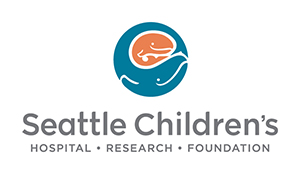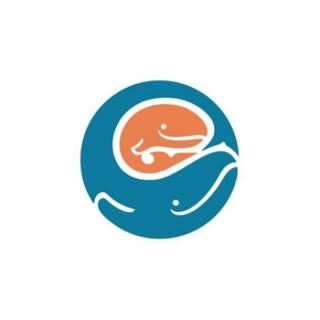
The COVID-19 pandemic has changed the way humanity lives. We are sheltering in place, changing our patterns of social interactions, and relying on virtual connections to maintain relationships with people in our lives. The changes have been stressful for all of us.
For teens, the pandemic has meant school closures, missing close personal connection with peers, inability to give hugs to friends as high school graduation season approaches and potential for increases in anxiety and depression symptoms.
This excerpted post was originally published on the Seattle Children's On the Pulse blog.
As health care providers, we continue to offer services and are finding an alarming trend in our virtual and face-to-face connections. Youth have indicated worsened mood as well as feelings of boredom and isolation, resulting in an increase in the misuse of prescription and non-prescription medicines, and an increase in alcohol and drug use as a way to cope. For parents and caregivers, we offer helpful considerations in order to keep teens safe as they spend more time at home:
- Remove any expired medicines and medicines you no longer need from your home. Visit takebackyourmeds.org for medicine take-back locations.
- Keep all medicines, alcohol and any other drugs in a locked area or in a location that is not accessible to your children. If you keep any alcohol in the fridge, monitor the amount.
- Consider buying smaller bottles of over-the-counter medicines, like acetaminophen (Tylenol) and ibuprofen (Advil).
- Continue to take opportunities to talk to your child about the dangers of medicine misuse and about drug and alcohol use.
- Help your teen think of safe ways to deal with feelings of boredom and isolation. Support them if they want to try new hobbies or activities at home.
- Model healthy ways to cope with stress.
- Watch for changes in behavior. This includes talk of suicide, worsening of mood or signs of intoxication (slurred speech, stumbling while walking). Call 911 if you are concerned for their immediate safety or the safety of others around them.
- Put the poison control number in your phone contacts: 1-800-222-1222. Call for free and confidential help with poison prevention and poison treatment advice.
- Depressed teens are at risk for suicide. We recommend that you always store firearms unloaded and locked in a firearm safe or lockbox, or with trigger locks. Store and lock ammunition in a separate place. If a family member is depressed, suicidal or abusing drugs or alcohol, temporarily remove firearms from your home.
- Call your child’s primary care provider if you are concerned about their mental wellness or substance use.
- If you or a family member are in crisis, text HOME to 741741 to connect with a crisis counselor. In Washington, there are local crisis lines for each county.











